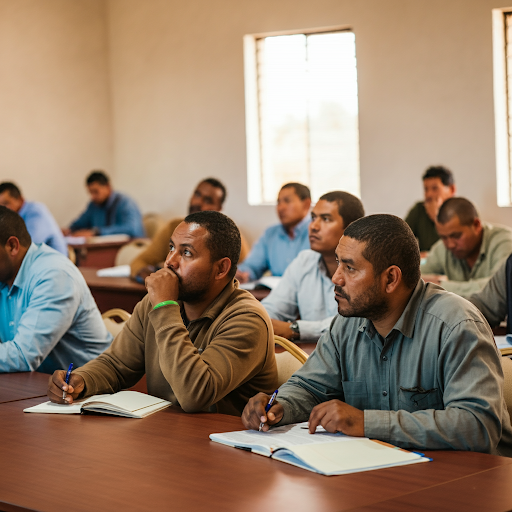
Policy development in poor and fragile states presents unique challenges and opportunities that require a nuanced understanding of the local context. Success in these environments hinges on several key factors that collectively foster sustainable development and stability. ALG has actively contributed to policy development across multiple sectors and countries, leveraging expertise to foster effective governance and sustainable practices. Their initiatives have facilitated the creation of frameworks that promote innovation, economic growth, and social equity, ensuring alignment with both local and global standards.
1. Inclusivity and Local Ownership: Effective policy development must prioritize inclusivity, ensuring that all stakeholders, including marginalized communities, are engaged in the process. Local ownership is crucial; policies that reflect the needs and aspirations of the population are more likely to gain support and achieve lasting impact. Engaging local leaders and institutions can enhance trust and legitimacy.
2. Contextual Understanding: A deep understanding of the socio-political landscape is essential. Policymakers must consider historical grievances, cultural dynamics, and existing power structures to craft relevant and effective strategies. This contextual awareness helps in identifying potential obstacles and leveraging local strengths.
3. Adaptive and Flexible Approaches: In fragile states, conditions can change rapidly due to conflict, economic shifts, or natural disasters. Successful policy development requires a flexible approach that can adapt to evolving circumstances. This may involve iterative processes and ongoing stakeholder engagement to refine policies as needed.
Case study: Development of two policies for the recruitment of primary school teachers for community teachers in Chad
4. Institutional Capacity Building: Strengthening local institutions is fundamental for the sustainability of policies. Investment in capacity building ensures that governmental and non-governmental bodies can effectively implement and monitor policies. This also includes fostering accountability mechanisms that enhance governance and reduce corruption.
5. International Support and Coordination: While local solutions are paramount, international support plays a critical role in providing resources, expertise, and stability. Coordination among international actors is necessary to avoid duplication of efforts and to create a cohesive strategy that aligns with local priorities.
We know from our experience that successful policy development fragile states in Africa requires a holistic approach that emphasizes inclusivity, contextual understanding, adaptability, capacity building, and coordinated international support. By focusing on these factors, policymakers can create resilient frameworks that promote peace, stability, and sustainable development in some of the world’s most challenging environments.
